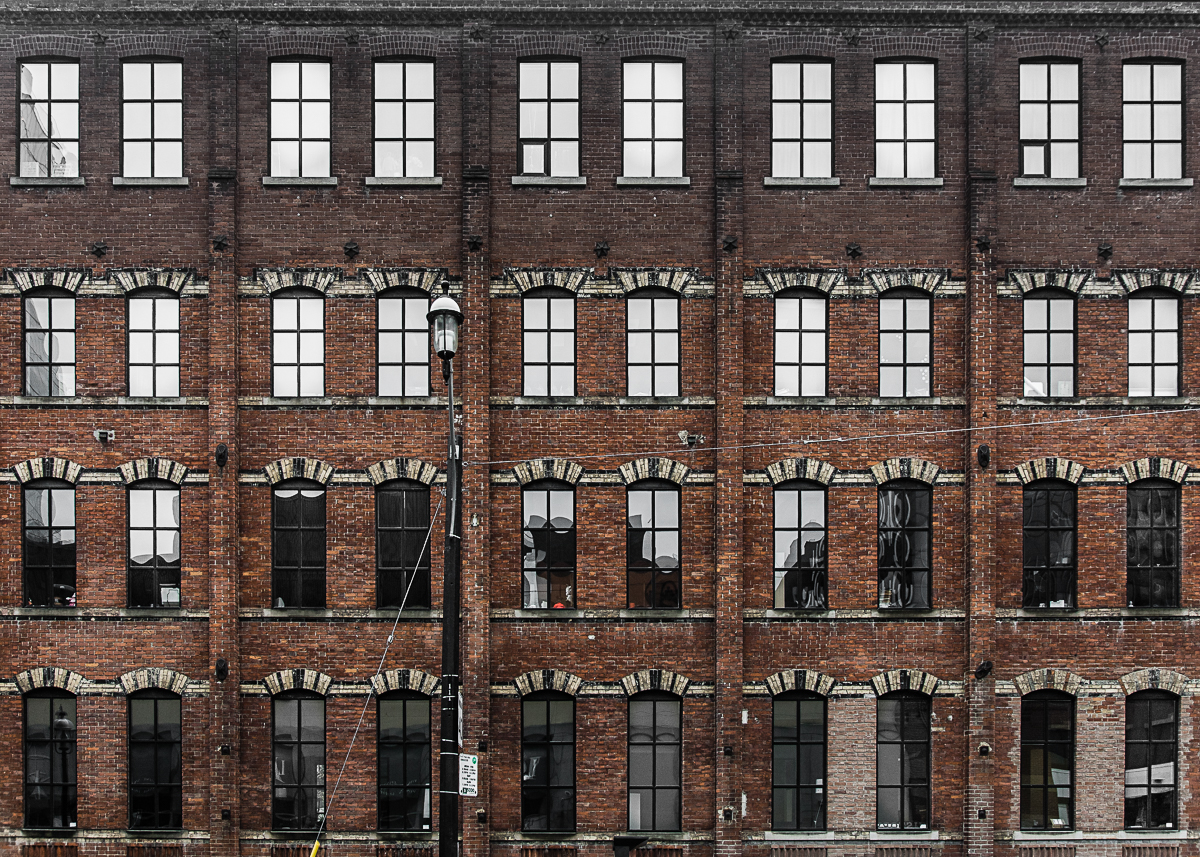
Introduction
Transforming your living space into a clutter-free environment not only enhances its visual appeal but also has a profound impact on your mental health and sleep quality. The presence of clutter can lead to feelings of stress, anxiety, and depression, affecting your overall well-being. In this article, we will delve into the connection between a cluttered room, sleep, and mental health, and provide practical tips for decluttering to improve your quality of life.
Effects on Sleep
A disorganized and chaotic space can significantly disrupt the quality of your sleep. Clutter can make it challenging to relax and unwind, leading to overstimulation of the brain and difficulty in achieving restful sleep. Additionally, a cluttered room can contribute to poor air quality, leading to breathing difficulties and allergies that can further disrupt your sleep.
Impact on Mental Health
Living in a cluttered room can elevate stress levels, leading to irritability, restlessness, and decreased focus. It can also trigger feelings of overwhelm and helplessness, negatively impacting your mental well-being and self-esteem.
Decluttering Tips
To improve your sleep and mental health, it is crucial to create a decluttered living environment. Here are some practical tips to get you started:
- Start small: Begin with a small area of your room and gradually expand to other parts.
- Set realistic goals: Break the decluttering process into manageable tasks to prevent overwhelm.
- Sort and prioritize: Separate items into categories and prioritize what is essential.
- Create storage solutions: Invest in storage options to keep your belongings organized and easily accessible.
- Maintain a cleaning routine: Dedicate time to organizing and cleaning your space regularly.
Conclusion
Decluttering your living space can significantly improve your sleep quality and mental well-being. By implementing simple decluttering strategies and maintaining cleanliness, you can transform your living environment into a peaceful sanctuary that supports your overall health and happiness.
